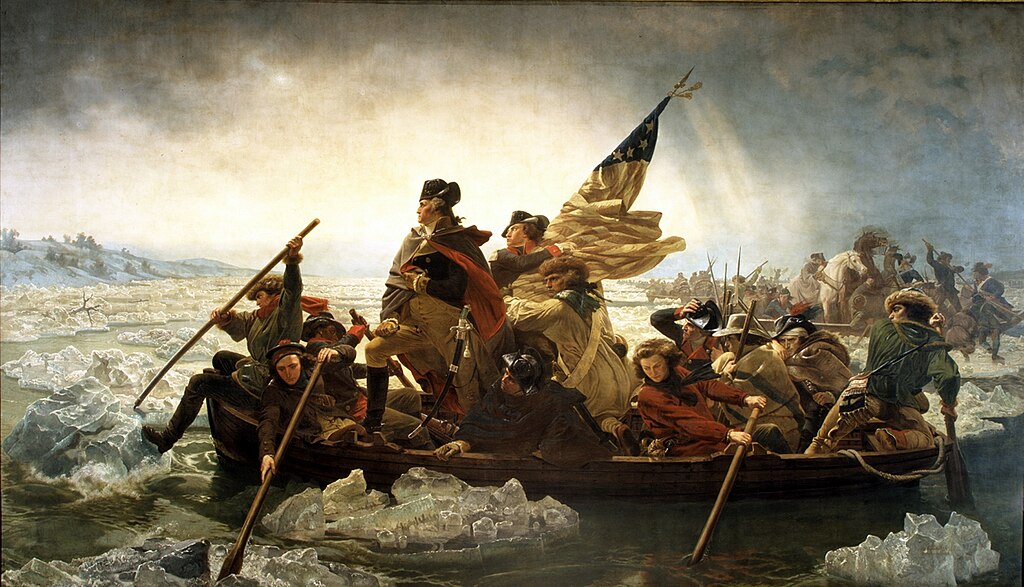Military history of USA [George Washington]
 •
by
•
by WhiteCaptain
General George Washington (1732–99) proved an excellent organizer and administrator, who worked successfully with Congress and the state governors, selecting and mentoring his senior officers, supporting and training his troops, and maintaining an idealistic Republican Army. His biggest challenge was logistics, since neither Congress nor the states had the funding to provide adequately for the equipment, munitions, clothing, paychecks, or even the food supply of the soldiers. As a battlefield tactician Washington was often outmaneuvered by his British counterparts. As a strategist, however, he had a better idea of how to win the war than they did. The British sent four invasion armies. Washington's strategy forced the first army out of Boston in 1776, and was responsible for the surrender of the second and third armies at Saratoga (1777) and Yorktown (1781). He limited the British control to New York and a few places while keeping Patriot control of the great majority of the population. The Loyalists, on whom the British had relied too heavily, comprised about 20% of the population but never were well organized. As the war ended, Washington watched proudly as the final British army quietly sailed out of New York City in November 1783, taking the Loyalist leadership with them. Washington astonished the world when, instead of seizing power, he retired quietly to his farm in Virginia.

Patriots had a strong distrust of a permanent "standing army", so the Continental Army was quickly demobilized, with land grants to veterans. General Washington, who throughout the war deferred to elected officials, averted a potential coup d'état and resigned as commander-in-chief after the war, establishing a tradition of civil control of the U.S. military.
Subscribe,endorse,vote
WhiteCaptain


Comments
o/
o/
v-c-s-e
hello